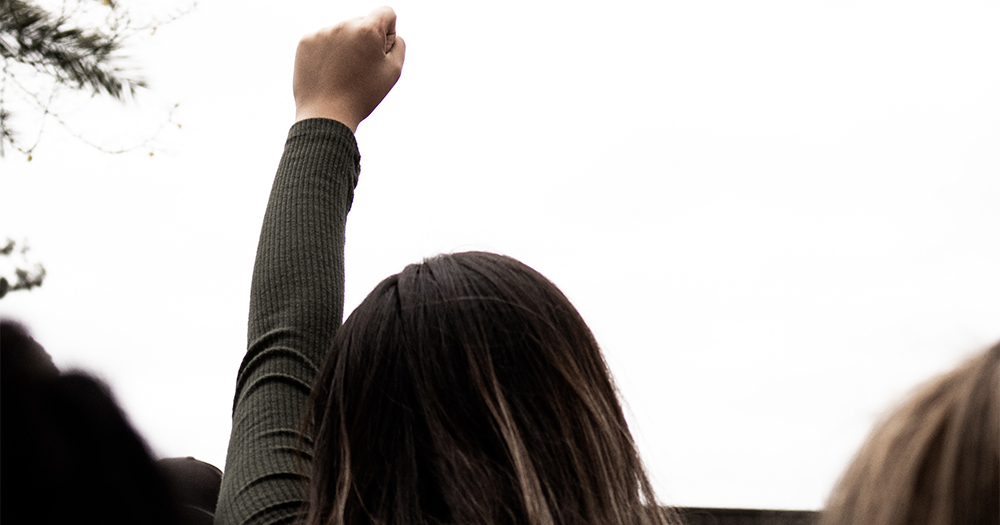Gendered violence in Puerto Rico is an increasingly prevalent issue for women and trans people. As is often the case in times of humanitarian crisis, gender-based violence surged on the island after Hurricane Maria hit in 2017. Today, the COVID-19 pandemic has further escalated the dangers people of marginalised genders face in Puerto Rico.
According to the Gender Equity Observatory, a watchdog group on the island, there were 60 femicides, including six transfemicides in 2020 alone. Although overall murder rates have fallen in Puerto Rico during the pandemic, the number of femicides increased by 62% from 2019.
The rise in gender-based violence has hit the LGBTQ+ community hard. Five transgender people were murdered in the space of two months in early 2020. Speaking to the Thomson Reuters Foundation, activist Pedro Julio Serrano said, “It’s as if they’ve opened hunting season against the LGBT+ community.”
This kind of violence continued into 2021. In early January, a young trans man, Samuel Edmund Damián Valentín, was found dead outside San Juan with multiple gunshot wounds.
In late January this year, Puerto Rico’s new governor, Pedro Pierluisi, declared a state of emergency over violence against cis and trans women. The move comes after years of protest and advocacy from women’s rights, and LGBTQ+, activists.
The executive order announcing the state of emergency will establish funding for a wide range of programmes including early education campaigns and new technologies to protect victims of domestic violence.
Rather than just responding to cases of severe violence, the executive order seeks to address the underlying causes of femicide and focuses on gender inequality as a whole. In his statement on the declaration, governor Pierluisi argued that “equity between boys and girls, men and women is key to achieving the Puerto Rico without gender violence that we all want”.
This comprehensive approach may be good news for the island’s LGBTQ+ community, as studies have shown that areas with greater gender equality tend to have more progressive policies regarding queer people.
The order also recognises the role of economic inequality in perpetuating gendered violence in Puerto Rico. According to the governor’s office, there are many cases in which a lack of financial autonomy has prevented women from leaving violent situations. In light of this, the executive order mandates the creation of programmes aimed at integrating women into the workforce.
This may be of particular relevance to queer people who are excluded from the labour market due to discrimination. However, the extent to which trans women and other gender minorities will be targeted in these inclusion efforts remains to be seen. While governor Pierluisi has said the executive order is LGBTQ+ inclusive, it is ultimately unclear if or how specific measures will be taken to protect queer people. Since the state of emergency was announced, activists have highlighted the need for explicit protections against both transphobic and homophobic attacks.
Lourdes Inoa Monegro, programme director of women’s rights organisation Taller Salud, told ABC News that the inclusion of transgender murders in the executive order was “ambiguous”. Meanwhile, activist Pedro Julio Serrano told NBC News that the order was a step in the right direction, but it is important that everyone is included.
© 2021 GCN (Gay Community News). All rights reserved.
Support GCN
GCN is a free, vital resource for Ireland’s LGBTQ+ community since 1988.
GCN is a trading name of National LGBT Federation CLG, a registered charity - Charity Number: 20034580.
GCN relies on the generous support of the community and allies to sustain the crucial work that we do. Producing GCN is costly, and, in an industry which has been hugely impacted by rising costs, we need your support to help sustain and grow this vital resource.
Supporting GCN for as little as €1.99 per month will help us continue our work as Ireland’s free, independent LGBTQ+ media.
